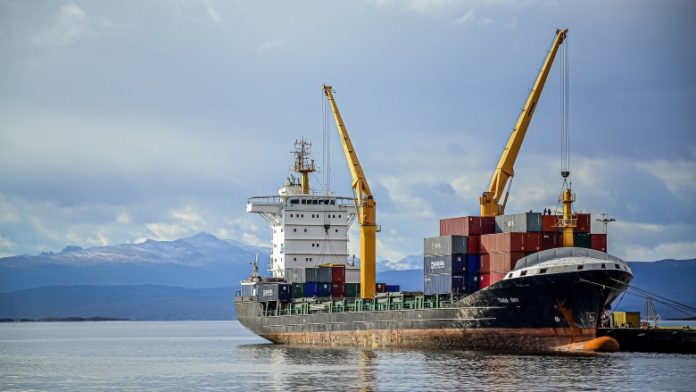The Baltic Exchange’s dry bulk sea freight index, tracking rates for ships carrying dry bulk commodities, snapped its seven-week long gaining streak on Friday, as rates declined across all vessel segments.
The overall index, which factors in rates for capesize, panamax and supramax shipping vessels, fell by 99 points, or 6%, to 1,563.
The index dropped 23.6% this week, its second-biggest weekly fall this year.
The capesize index fell 239 points, or 9.7%, to 2,226, its lowest in over a month. It retreated about 37% this week, its biggest drop in over eight months.
Average daily earnings for capesize vessels, which typically transport 150,000-tonne cargoes carrying commodities such as iron ore and coal, dropped by $1,985 to $18,461.
Iron ore futures rose, reversing earlier weakness and on track for weekly gains, as additional signs of a stabilising Chinese economy underpinned sentiment already buoyed on extra stimulus for the world’s biggest steel producer.
The panamax index fell 23 points, or 1.4%, to 1,605. It was down 2% for the week.
Average daily earnings for panamax vessels, which usually carry coal or grain cargoes of about 60,000 tonnes to 70,000 tonnes, fell $204 to $14,448.
Among smaller vessels, the supramax index slipped 43 points to a six-week low of 1,184. The index lost 8% this week.
Four vessels left Ukrainian Black Sea ports in the Odesa region on Friday, as shipping via a new export corridor resumed after a three-day pause, independent transport sector consultancy STC said.
The alternative Black Sea export corridor will continue to function despite all threats, Ukraine President Volodymyr Zelenskiy said.
Source: Hellenic Shipping News





